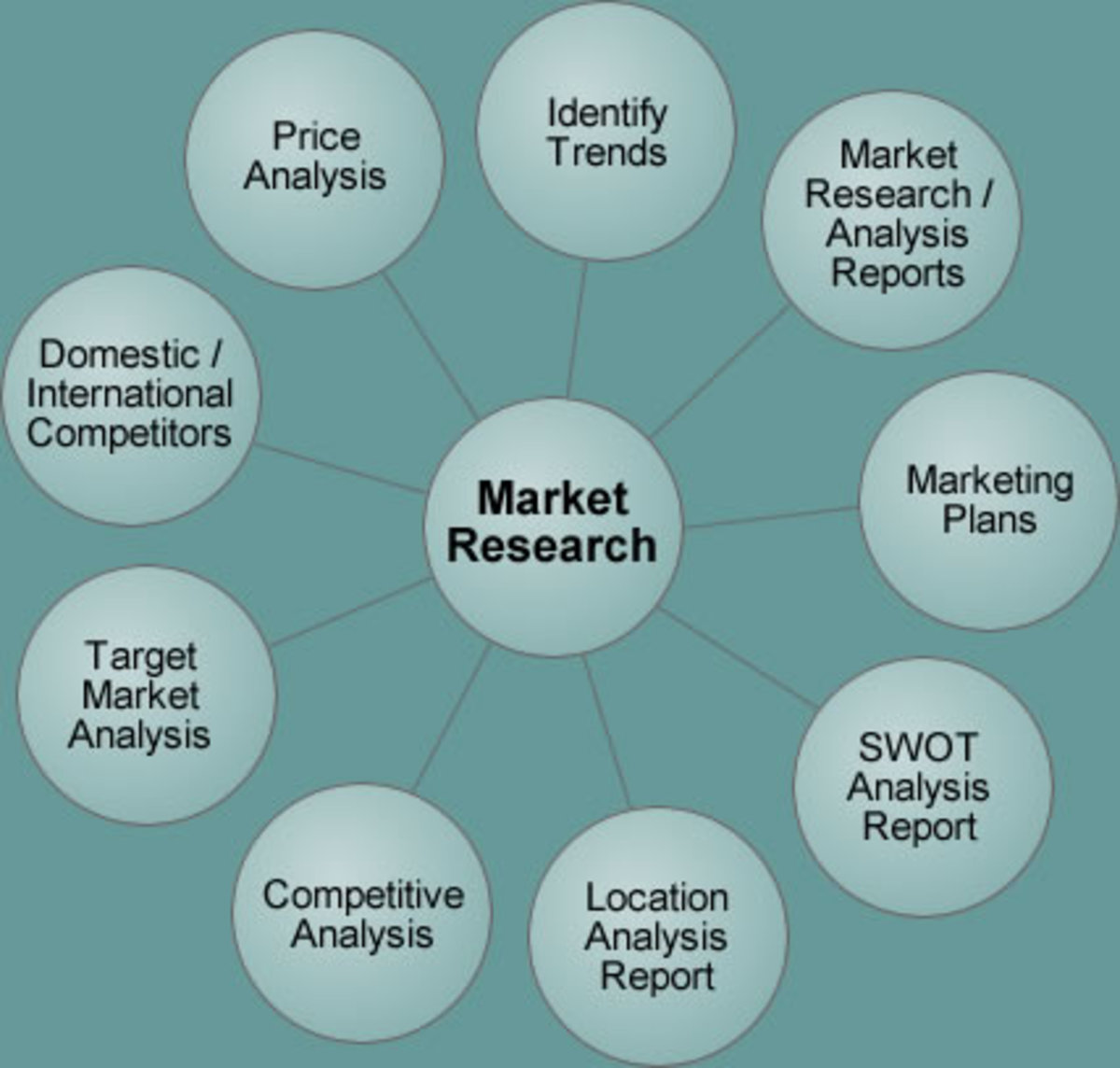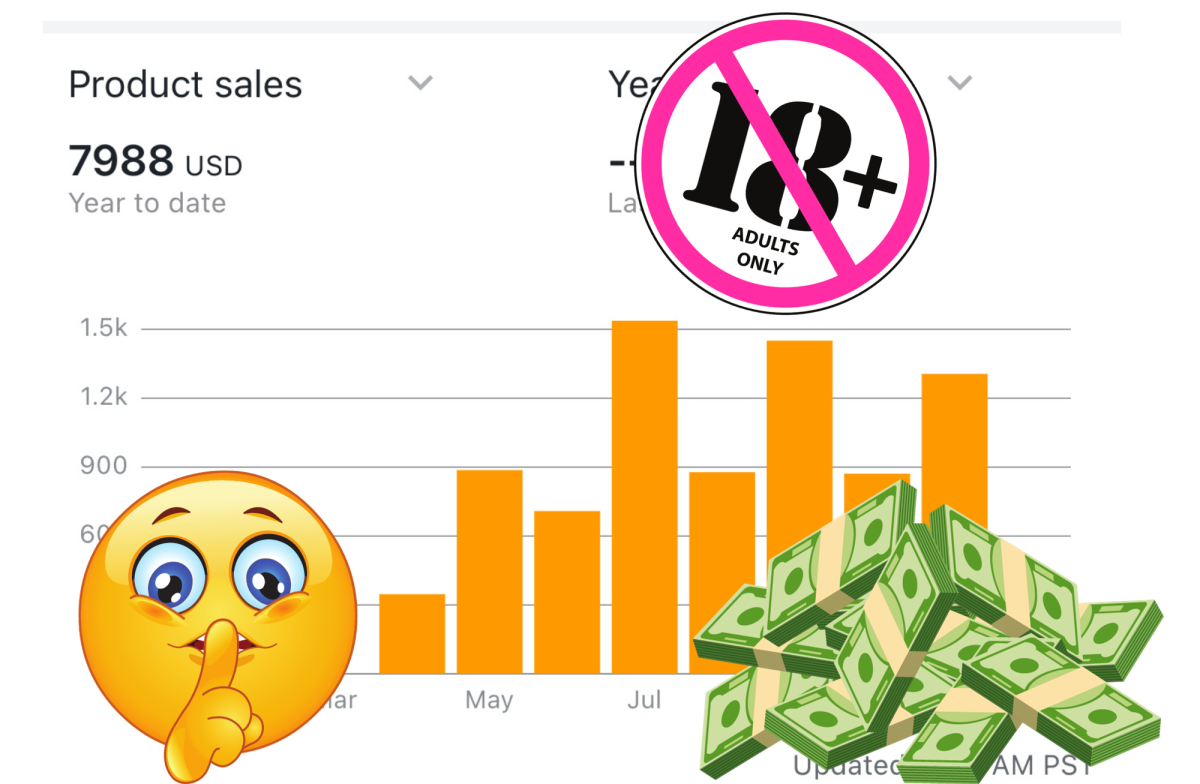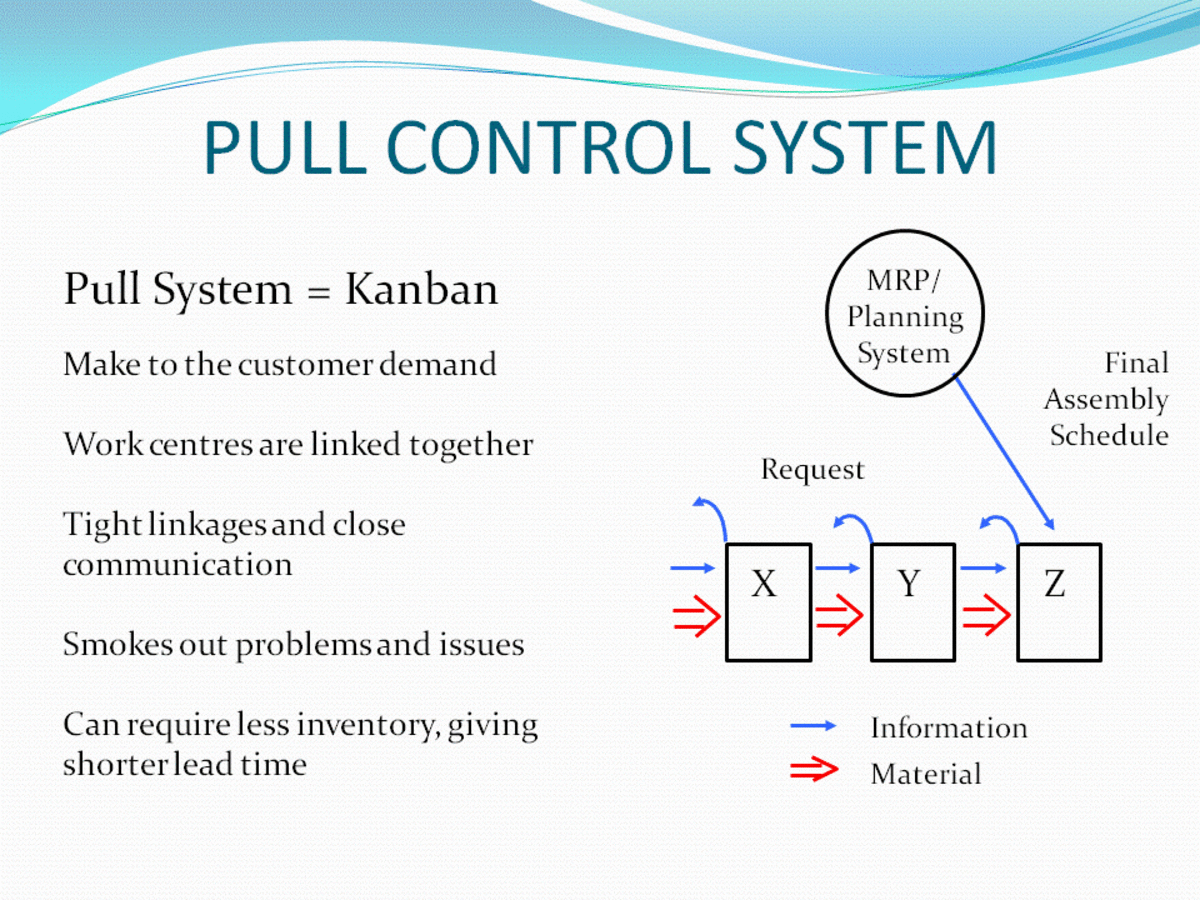Market Research 101 for Small Businesses
Market Research 101 for Small Business

Research and Analyze
The current business environment is competitive therefore preparing a small business based on solid market research instead of personal opinion is important to remember for small business owners. The following information is a basic market research 101 for small businesses.
Competition depends on the location of the company whether it is local, national, or global. However, it is most highly researched based on the company’s products and services and the likelihood that they can alter existing offerings to be a direct threat to your business.. Gathering information through market research can reveal demographic characteristics and market size of top competitors. Conducting a thorough market analysis while very important can be very time consuming so working with a marketing expert can help speed up the process, but small business owners need to keep the scope of the project very focused otherwise a market research report can run into the thousands, if not tens of thousands of dollars, which while valuable may be too much information for a small business owner to digest as well as make use of.
Companies should also know the current market trends to keep up with customer needs. The needs and wants of customers are consistently in flux, so constant monitoring of the market is essential especially for consumer companies that need to keep their products current and up to date with existing trends. Consumer buying behavior is also influenced by the latest products and services that competing companies may be offering. The more new small business owners know about the competition, the more they can easily adapt and adjust to changes.
Learning more about the competition in your region or market can help the business in the long run. Knowing business competitors will give owners a better understanding of competitor’s strategies. With detailed insight into the top competition a business owners can aim to create a distinction between their companies from the others. Business owners must identify all of the critical factors that make their target customers to choose their products and services over what the competition is offering on the market today. A small business failure may occur if a new business owner does not take conducting a market research report seriously, resulting in unneeded competition problems.
The following list is several different areas that are important to keep in mind when working on a market research report for your small business, whether doing it yourself or outsourcing the work to a professional business support firm.
Market Analysis Basics
Market Research Solves Competition Problems

Help with Understanding Markets
Basic Marketing Principles
1. If utilizing a market research firm to support your company in developing a market research report it is essential to watch your budget and do not overspend. Even when keeping the research project in house.
2. Understand the purpose of your market research project. What are the needs of your customers? How do your customers find your competitors currently? How much do they usually spend on products / services like you are offering? Don't waste time and money pursuing non critical information for your business.
3. Determine the correct pricing model. At the conclusion of your basic market research gathering you should have a strong idea of exactly what your pricing model will be for the services and products you are planning on offering.
4. Create a strengths and weaknesses chart comparing you and the competition. Be as detailed as possible for the budget and amount of time you have. Be honest about your strengths and weaknesses, this can be a tough thing to do and where an outsider can provide a neutral opinion. If you are given advice about a weakness that you do not think you have it is good to be open and learn why the person conducting the examination views this as a weakness so you can focus on improving your capabilities, rather then rejecting the constructive criticism.
5. Don't conduct a random survey of the first five - ten questions that come to your mind. It is best to really think hard about your survey questions for customers / potential customers to complete. When you first create a survey questionnaire give it to a few people and read their answers to make sure you are crafting questions correctly and getting valuable information returned. Nothing worse then conducting a 500 person survey and having the results be unsatisfactory due to the way a question was worded.
Don't forget to continually gather information from the market and listen to the feedback and analysis that is revealed. There is nothing worse then gathering lots of valuable data and then completely rejecting it because you had hoped and wanted something else. At the end of the day you are in business to make money and the most successful way to do that is to listen to the wants and needs of your customers and potential customer base and do everything possible to satisfy them.









